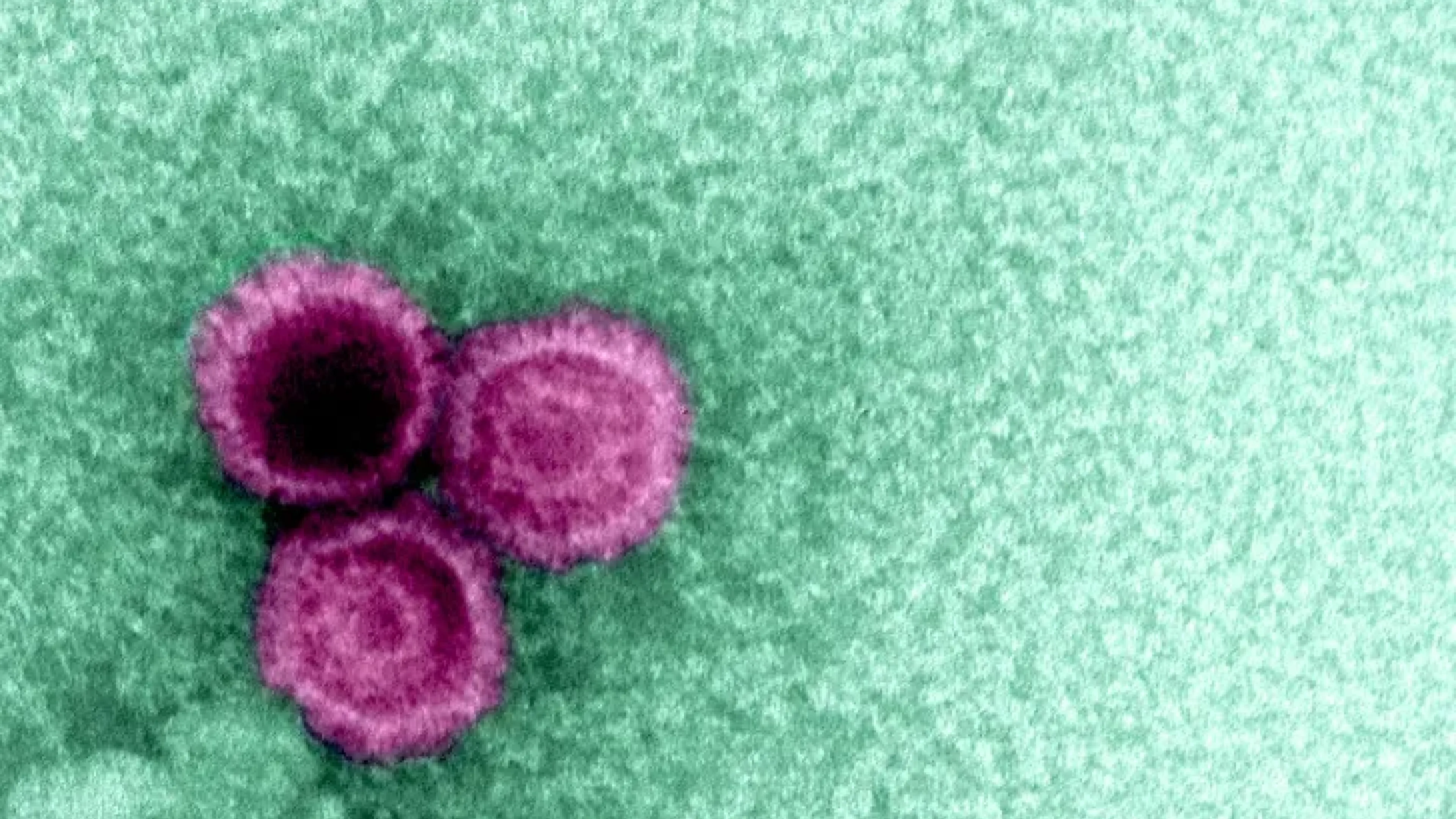You’re reading the web version of our email briefing on health policy, science and medical news. Sign up to get it next week.
Hi Healthwatchers, 👩⚕️👩🏻⚕️👨⚕️
This week brought some new developments in healthcare crisis-land, from condos acting like health insurers to a provincial regulator’s warning that professional licensing shortcuts are putting patients at risk.
Our top story: a so-called “harmless” virus that most of us caught in childhood might be contributing to multiple sclerosis, lupus, long COVID, and much more.
Science is catching up to the reality that viruses are more deeply enmeshed in chronic disease than once believed.

Epstein-Barr virus causes mono. Widely seen as relatively harmless virus, scientists now suspect it plays a role in MS, lupus, chronic fatigue syndrome, and long COVID. A new vaccine could stop it before it settles in for life.
What to know: A turning point in our understanding came in 2022, when a major study strongly linked EBV to multiple sclerosis. Since then, researchers have been rethinking and reassessing its true impacts.
Most people catch EBV as teens or children, usually without symptoms. It stays in the body permanently, hiding in immune cells. Research suggests EBV triggers autoimmune diseases, cancers, and possibly dementia (among other things). NIH scientists have worked for decades on a vaccine that could block infection — or at least reduce EBV’s cumulative lifelong damage. But with NIH layoffs under Trump (and CDC and FDA leadership now stacked with MAHA acolytes) that work is in danger of being lost. Moderna and Merck are now racing to get it over the finish line.
Read more…

Under new rules, a surge of internationally educated nurses has been registering in provinces with lax licensing, then transferring into Manitoba.
What to know: Two patient deaths are being investigated after complaints of “gross nursing incompetence.” Manitoba’s College of Registered Nurses says some couldn’t take vital signs. One reportedly applied a transdermal patch to clothing.
Labour mobility applicants made up about 4 per cent of Manitoba’s nursing workforce last year but accounted for 22 per cent of complaints. Nearly all of those named in complaints hadn’t recently worked the required minimum-required hours in Canada. A 2022 policy change forced the college to drop its Canadian-practice requirement. After reinstating it last year, the regulator was ordered to backtrack again — this time by NDP Health Minister Uzoma Asagwara. The minister says many of these nurses are delivering excellent care and shouldn’t all be tarred by a few bad apples.
Read more…

Scientists in Melbourne say they’ve found a way to flush HIV out of hiding in immune cells using a new kind of mRNA technology.
What to know: HIV hides inside certain white blood cells (sort of like EBV), where it can’t be reached by the immune system or existing drugs. This is the key obstacle to a cure. Now, researchers say they’ve engineered a nanoparticle called LNP X to deliver mRNA directly into those cells, forcing the virus to reveal itself.
This is early-days, but researchers were stunned by the results. “We were overwhelmed,” said one lead author. Further studies will test whether exposing the virus is enough to let the immune system clear it, or if antiretrovirals are needed. If all goes well, LNP X-based therapies are still at least several years out.
Read more…

With the rental market softening, big property managers are adding private health care to their amenities lists.
What to know: Toronto rental developers Fitzrovia and Hazelview are partnering with virtual care platforms to offer tenants free appointments, acting as quasi-insurers to cover access to paid services. Fitzrovia has a 10-year deal with Cleveland Clinic Canada, while Hazelview offers access to Maple in multiple buildings.
Landlords say the offering is especially helpful for newcomers and tenants who lack OHIP coverage. But health experts say privatized, virtual-only models can draw providers away from the public, irl system, exacerbating the province’s family doctor shortage.
Read more…

Last week, the Nova Scotia government asked to restart negotiations with Ottawa on a pharmacare agreement.
What to know: One physician said many of her abortion patients can’t afford birth control. Others warn that the federal money “won’t be on the table forever.”
The current federal plan covers diabetes medications and some contraceptives, but physicians and pharmacists in N.S. say more is needed. They’re calling for coverage of more birth control options, plus the HIV-prevention drug PrEP, which isn’t included in any of the existing provincial agreements with B.C., Man., P.E.I., and Yukon.
Read more…

The CDC is consolidating its surveillance data with Ρаlаntіr’s software, sparking backlash from health officials and privacy advocates. States have been told the transition means data for measles and other pathogens will now be delayed.
What to know: The platform will aggregate sensitive health info, including on reproductive care and gender-affirming care, in ways that could expose patients’ identities to the regime.
Ρаlаntіr’s continued integration into the federal bureaucracy is a significant threat to Americans’ privacy. The company is currently working with ICE to select people for deportation, and its products are implicated in the killing of aid workers and civilians in overseas wars. The CDC says the data will be de-identified. But with the remaining data, plus the vast trove Ρаlаntіr already holds, re-identifying people is often trivial.
Read more…
Hey. You made it all the way down here. Nice.
That’s it for this week.
We started with viruses we can’t shake, and ended with a government handing its disease surveillance to a company that makes killer robots. Fun reminder that public health is never just about health.
I’ve been experimenting with different days of the week to release these. I think I like Thursdays, do you?
Nick Tsergas, Editor
Canada Healthwatch
[email protected] | canadahealthwatch.ca
Stay informed.
On the most important developments in Canadian health.
Get Canada’s essential briefing on health policy, science, and system change. Get Briefing